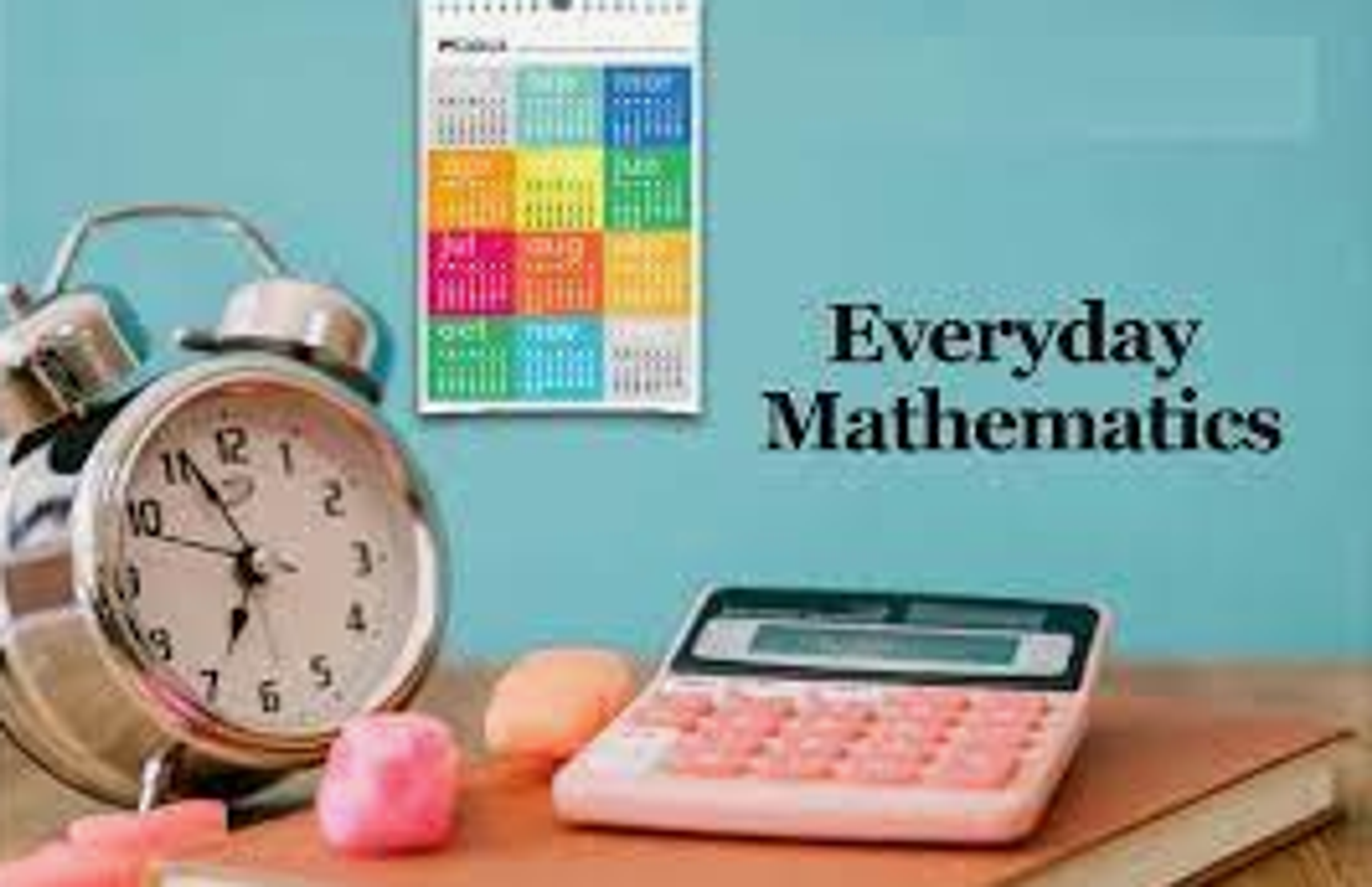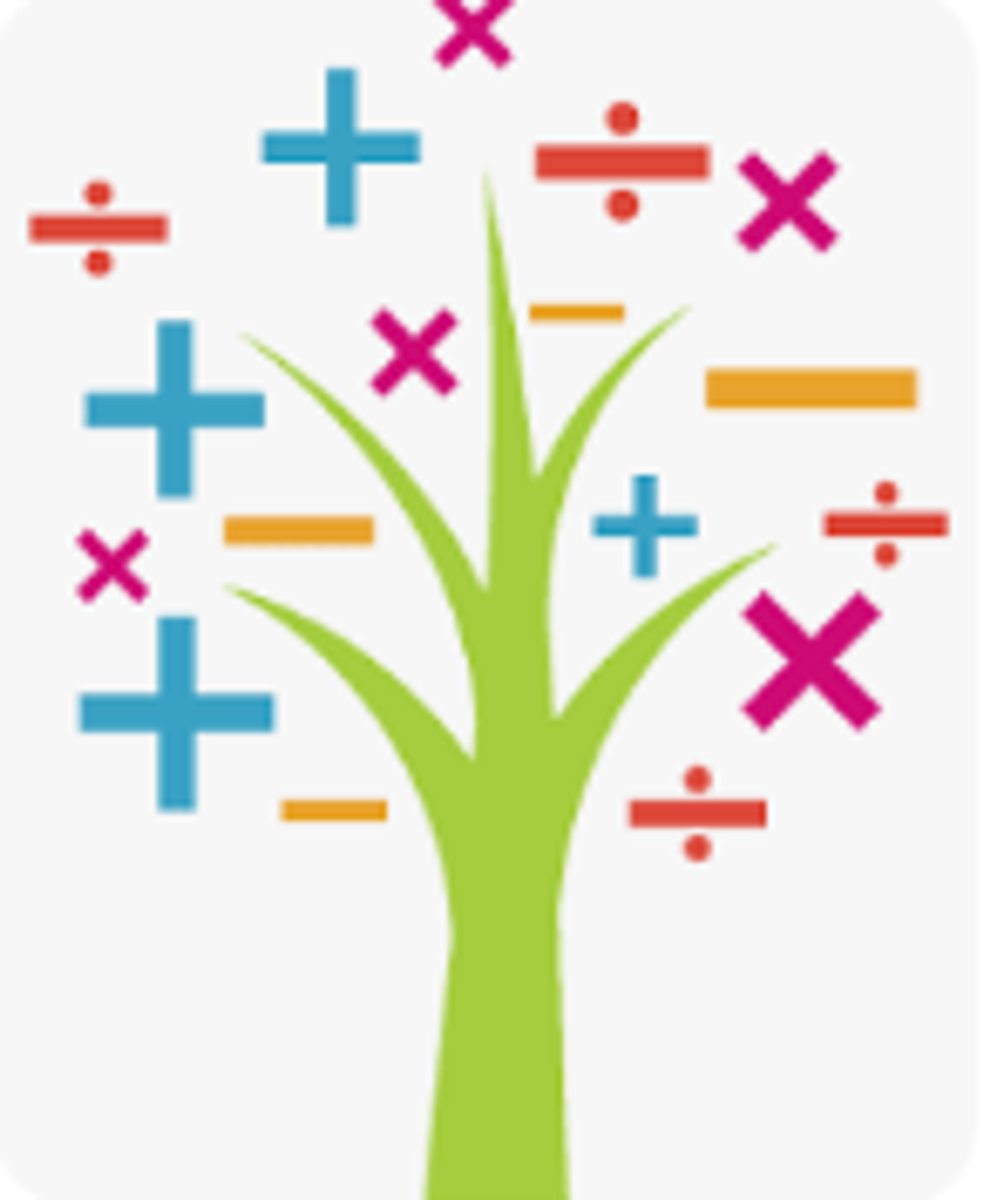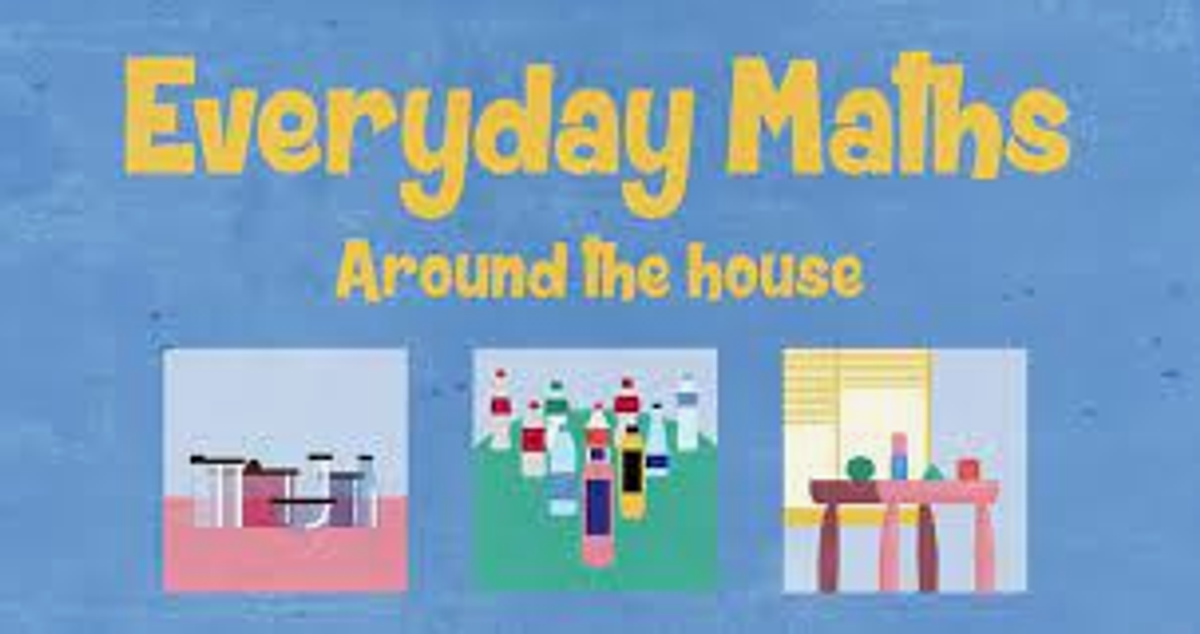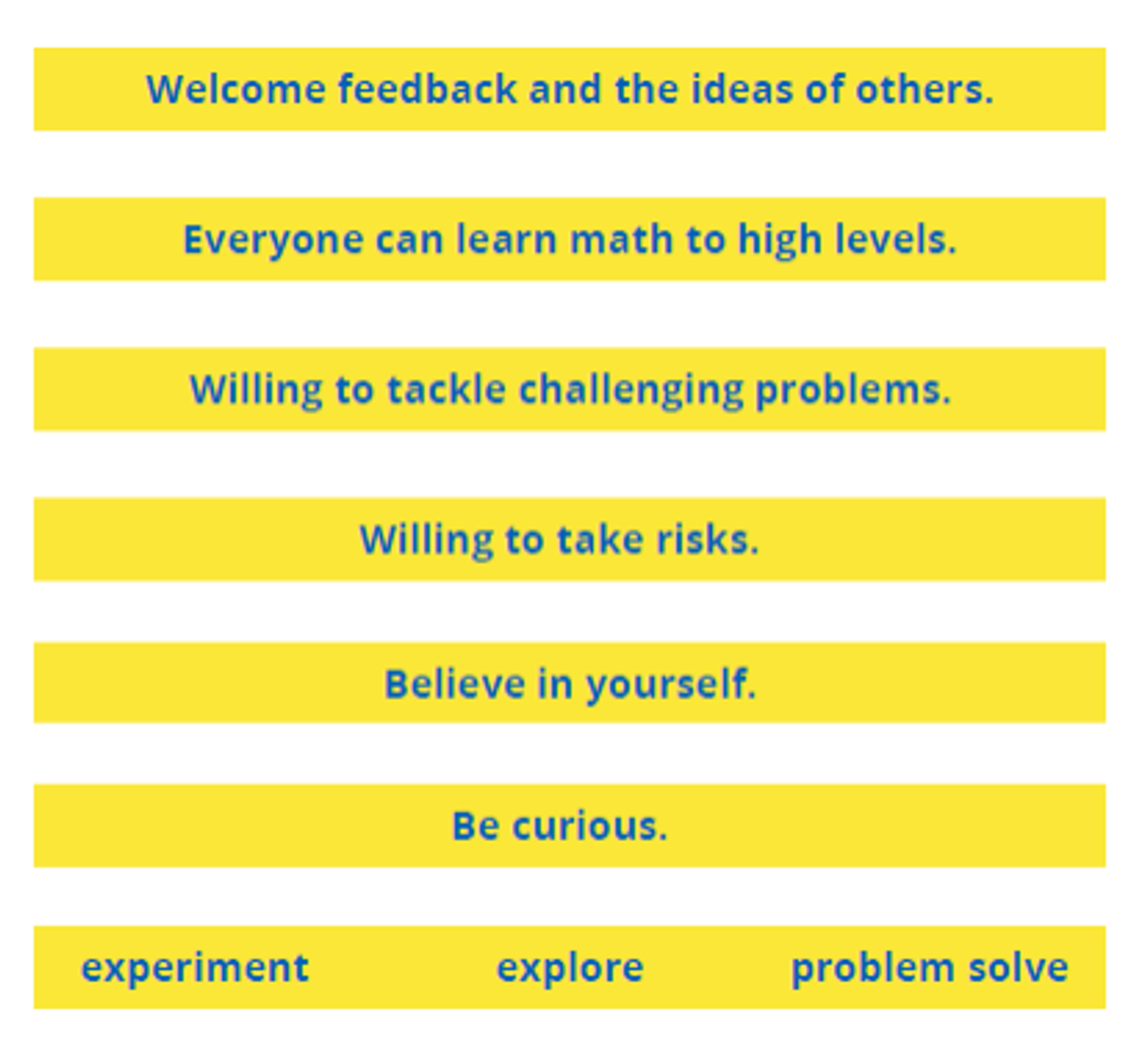Numeracy at home

As your child’s first teacher, you play an important role in helping develop their numeracy skills from an early age. Numeracy skills give children an important start to their learning and development. They also help prepare them for daily life at all ages.
One way you can support your child’s understanding of mathematics and numeracy at home is…
Promote maths everyday!
International research has identified the type of activities that are important for early maths learning which are easy for parents to use. These include:
1. Comparing objects and describing which is longer, shorter, heavier, or holds less.
2. Playing with and describing 2D shapes and 3D objects.
3. Describing where things are positioned, for example, north, outside, behind, opposite. 4. Describing, copying, and extending patterns found in everyday situations.
5. Using time words to describe points in time, events and routines (including days, months, seasons and celebrations).
6. Comparing and talking about the duration of everyday events and the sequence in which they occur.
7. Saying number names forward in sequence.
8. Using numbers to describe and compare collections.
9. Using perceptual and conceptual subitising (recognising quantities based on visual patterns), counting and matching to compare the number of items in one collection with another.
10. Showing different ways to make a total.
11. Matching number names, symbols and quantities.
Problem of the Fortnight
Work together with your family and see if you can find out the answers to the problems below. Hint: There is more than one possible answer!
Lower Years
I asked Mum a question and she replied, ‘Impossible’. What might the question be?
Middle Years
Emily spun a spinner twenty times. It landed on red and yellow eight times each, on green three times and on blue once. Draw a diagram to show what the spinner might look like.
Senior Years
Seven people went fishing . The median number of fish caught was 4, the mean was 5 and the mod was 3. How many fish might each person have caught?
How to be a Mathematician
We would love to see how families are engaging in numeracy at home, please feel free to send in any action shots to Felicity.Elliott@education.vic.gov.au



